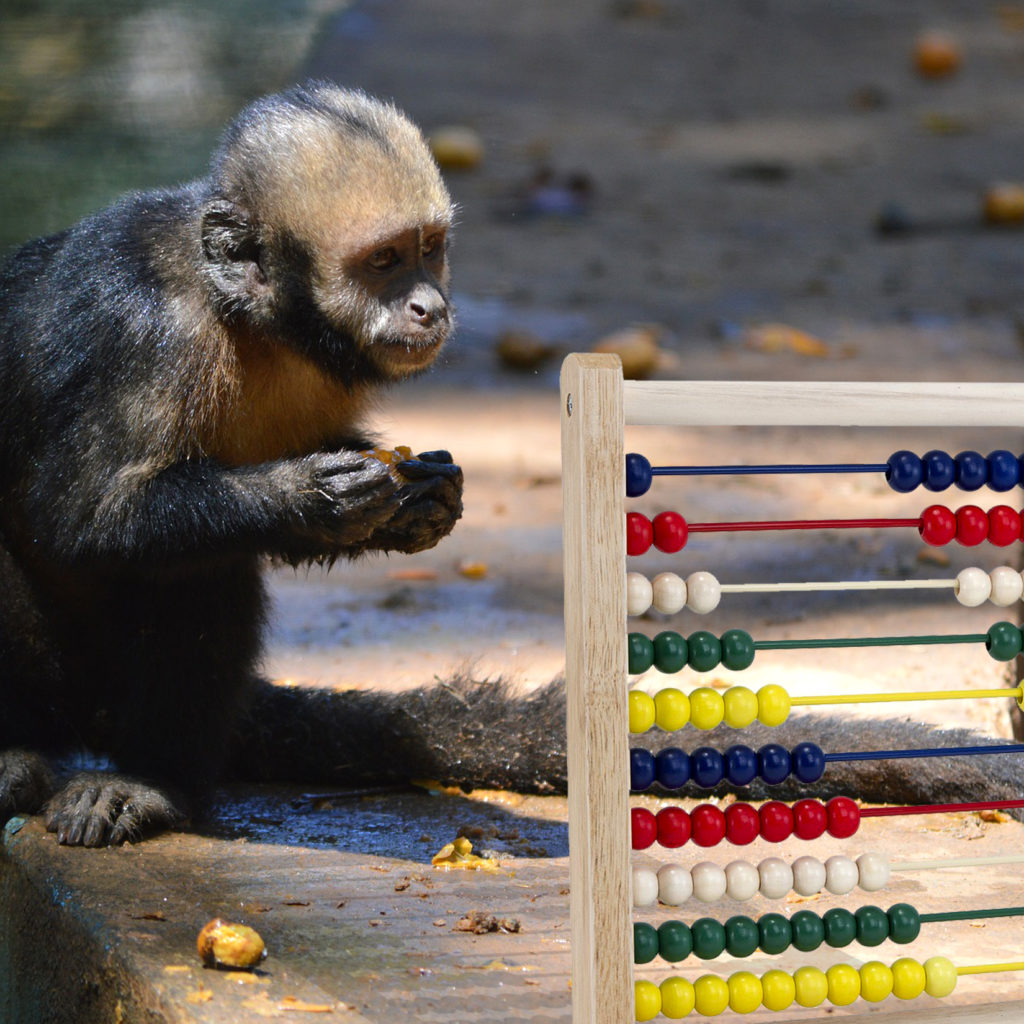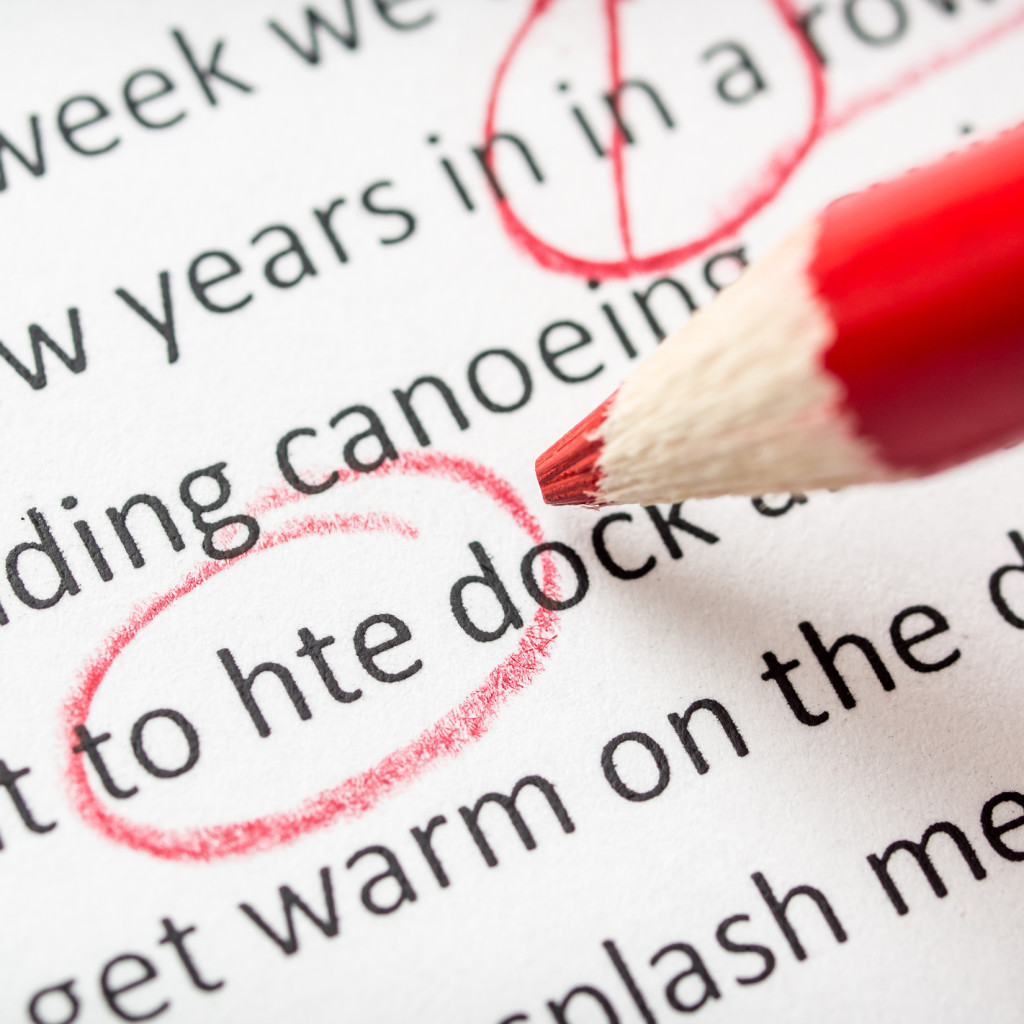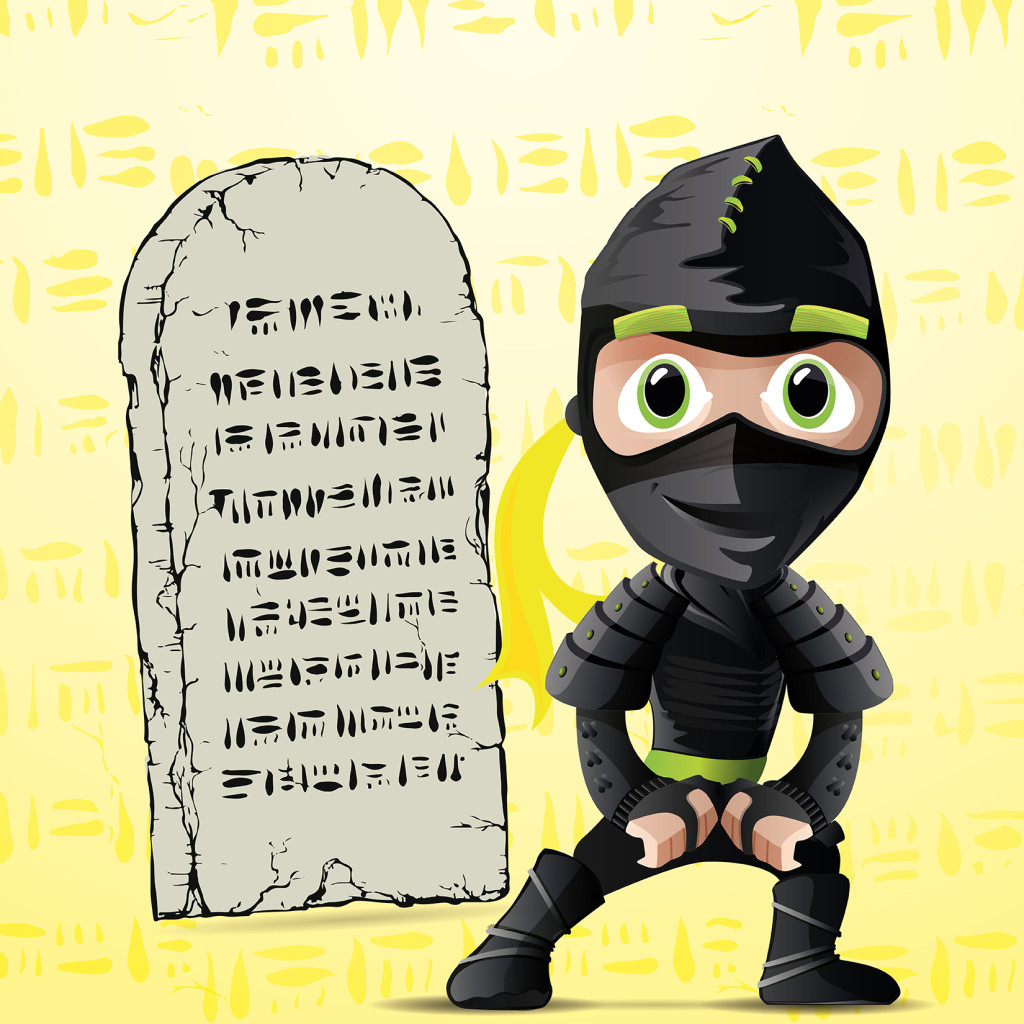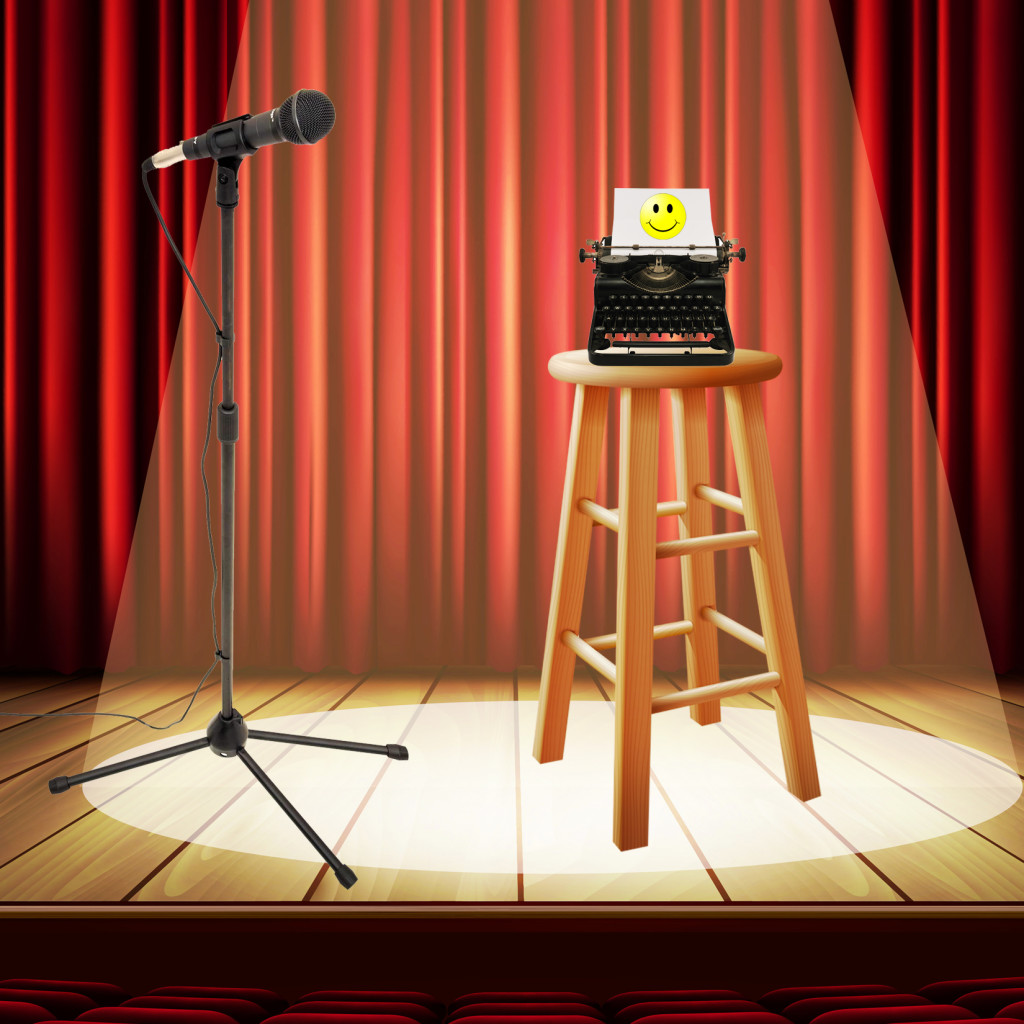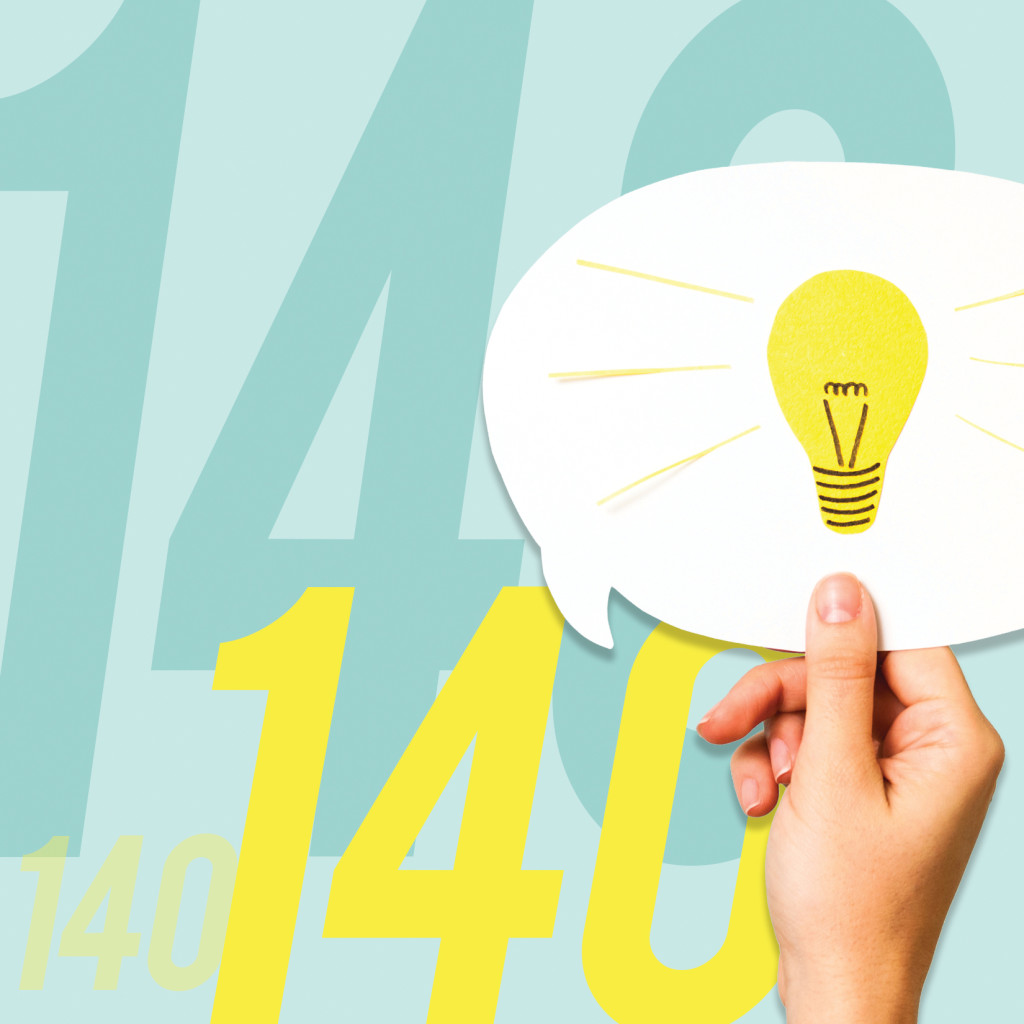There is almost nothing as metaphorically, if not physically, painful as watching two people who don’t know what they’re talking about try to explain something to each other.
Read More
24 May 2016
Angels and Brats: Which One Are You?
To put broad strokes on the canvas of writing and editing merely for over-simplification, there are two overarching types of writers and editors: the brats and the angels. How they behave is distinctly different due to their different roles. The good news is, once a writer or an editor recognizes he or she behaves in one of these ways, it’s easy to change—though one way is obviously (at least to us) a better way to go about things.
Read More
If you lived through the peak years of Irish rock band U2, you may remember Bono as the band’s charismatic front-runner, creative genius, and global philanthropist extraordinaire. Alternatively, you may remember him as “that guy who spent most of a decade loudly repeating ‘yeah’ over melodramatic guitar riffs.”
Read More
If I were
OR
If I was?
Which is correct?
Most of us might vaguely recall a high school English teacher discussing mood, but few of us remember what it means.
Read More
12 Apr 2016
The Nerds Shall Inherit the Earth: How Fans Are Shaping Inbound Marketing and Mass Media
Back in 2013, in response to a convention question, Wil Wheaton (yes, that Wil Wheaton) explained how he has grown to embrace and define the word “nerd.”
“When I was a little boy, people really teased me about [being a nerd] and made me feel like there was something wrong with me for loving those things. Now that I’m an adult, I’m a professional nerd, and the world has changed. I think we have realized that being a nerd is not about what you love but about how you love.
Read More
Copywriting is a peculiar thing.
Online copy and business-directed content don’t follow the same rules as other literary and journalistic works. Copywriting is looser in many ways, and it offers more flexibility in tone and style.
However, this doesn’t mean that you can cram your writing with whatever you want and expect it to work for your clients. The goal of most online copy is to educate and engage a readership about a topic, and just slapping words on a screen won’t do the trick.
Read More
15 Mar 2016
The Evolution of the Singular Pronoun “They”
In a case of grammatical form following function, the American Dialect Society voted “they”, used as a gender-neutral singular pronoun, as 2015’s word of the year. The selection may have some traditionalists clutching their pearls, but the recognition validates the singular pronoun’s utility and reflects our shifting social landscape.
Read More
Q: Why are the rules of punctuation so strict? When is it appropriate to us a comma? When should one use a comma as opposed to a semicolon, or an em-dash, or parentheses? What is the difference between a semicolon and an em-dash, anyway? What is an em-dash, and how did it happen?
A: The Language Ninja orders you to calm down. Although you seem slightly desperate to have all the answers immediately, they will have to be addressed in a series of posts. Try not to allow your head to explode.
Read More
It’s fairly safe to say that no one knows how to write humor. The great modern humor essayists – Dave Barry, P. J. O’Rourke, and the late Lewis Grizzard and Erma Bombeck, among many others –do it naturally, instinctively knowing just what turn of phrase and clever irony readers will find funny, but they probably couldn’t even begin to explain how they do it. People who are not great humor writers, obviously, don’t know either.
Read More
Editing is the calm after the storm. It’s when the survivors pick through the wreckage, making a semblance of a life again. A little dramatic, perhaps, but it’s apropos. Writing is the storm that messes everything up, throwing words, punctuation, and grammar here and there…and editing cleans it all up.

